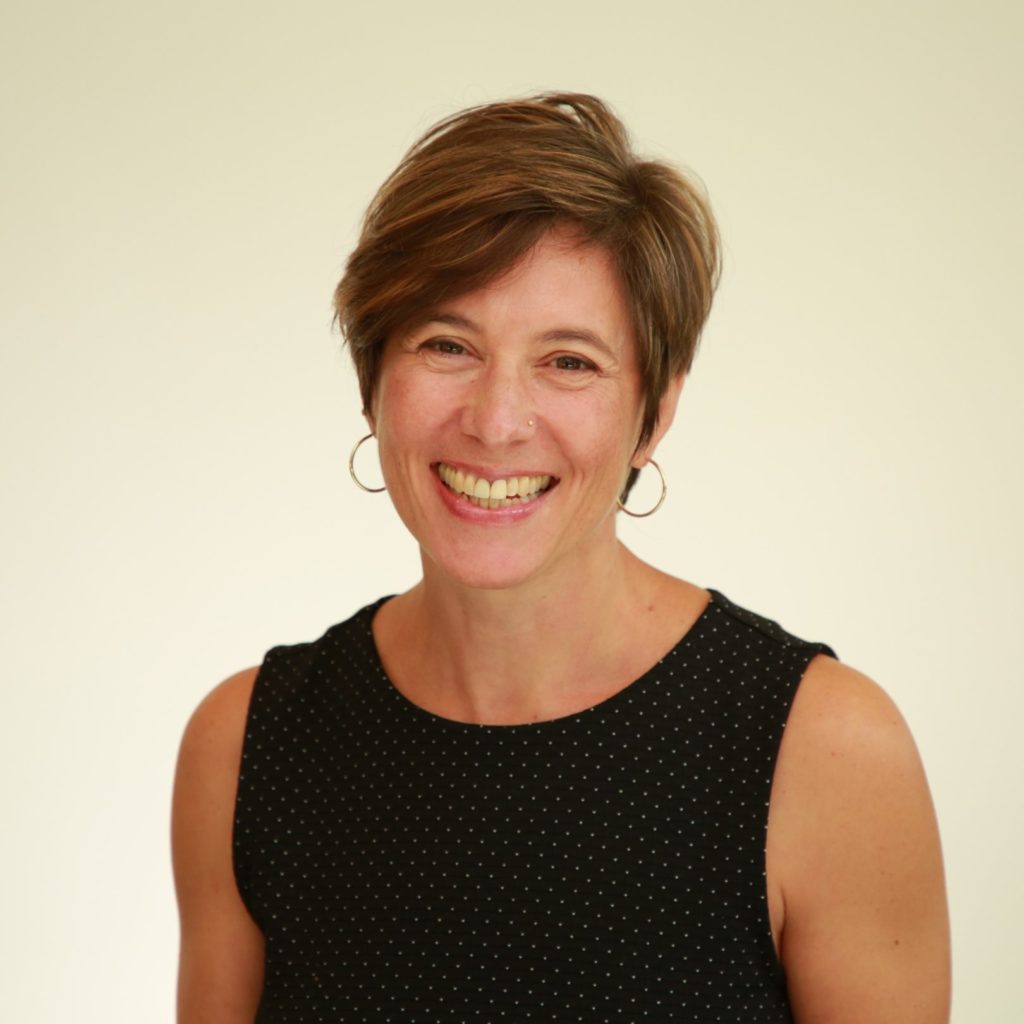
Inviting our professionals to collaborate, work in cultures in which there is a dedicated practice of inclusion, and which approach our work through an “abundance model,” and a culture of transparency.
:
Henei Ma Tov UmaNayim Shevet Achim Gam Yachad: Behold, how good and how pleasant it is for brethren to dwell together in unity”
Psalm 133 reminds me of the values of Am Yisrael, the idea that we are nation that stands together and Kol Yisrael Aravim Zeh La Zeh, that all of Israel is responsible for one another.

How we Promote Collaboration:
A recent study from the Journal of Psychological Science found that upwards of 70% of professionals felt excluded at work, which can lead to embarrassment or anxiety, reducing one’s organizational and communal commitment and sense of belonging. Belonging, as we have discussed since Blessing #1, is a key variable to build motivation and feeling of value in our Jewish professionals. Perhaps unsurprisingly, the study also found that, “compared to victims of harassment, people who reported feeling ostracized were significantly more likely to have suffered health problems and to have ultimately quit their jobs.”
Professor Don Taylor of McGill University teaches that as we feel more part of an in-group and begin to identify more closely with this particular group, we can feel increasingly motivated to see this in-group become successful.
One can view this a positive outcome and one we can leverage in our work situations. We can visualize this in the schematic above:
Plan of Action:
Stop and Reflect – To stop and reflect is a key step in the process of learning experientially and popularized by the educational scholars John Dewey and David Kolb. To use experiential education in order to promote inclusion and collaboration, we can allocate meaningful time in each of our days to:
- Stop, reflect and ask ourselves, as managers, if we act justly with our human resources
- Stop and slow down our work so we can be more present and better observe our actions and the actions of those around us,
- Stop and be cognizant of the people around us to ensure they feel that they are being paid attention to and
- Stop and notice when we may be inadvertently or intentionally excluding others and when our actions do not reflect our values of Oneness, of Am Yisrael.
Our Portrait: Aliza Kline

Aliza Kline has no patience for otherness or exclusion in the workplace, or anywhere in the Jewish community, for that matter. In fact, Aliza and is actively working to promote the opposite. Aliza is the CEO of OneTable, whose mission is to “empower people who don’t yet have a consistent Shabbat dinner practice to build one that feels authentic, sustainable, and valuable, and where guests of any and all religions and cultures are welcome. It is where people join together, share stories, build new connections and moments of meaning.” OneTable combats the “otherness” in our midst.
Her leadership and passion strengthen Jewish community by nurturing innovative Jewish engagement and directly correlate to her belief that the Jewish community must have no patience for the practices of exclusion. Instead, Aliza argues, we must foster collaboration, inclusion, and sincerely practicing Am Yisrael, which would be a blessing to our community and to our staff, who will be more motivated, valued and blessed in their work serving a Jewish community that promotes b’yachad – togetherness. Helping us get to this point and using Aliza’s journey as a guide is what this Blessing is all about.
Questions for Reflection:
- Which of our policies are working, intentionally or otherwise, to bring people together? Do any of our policies push other people out or have them feel othered?
- How can we practice more abundance thinking in our workplaces and among our staff? How can we focus more on the partnership and policies that can promote inclusion and lead to a whole greater than the sum of its parts?
- Have a conversation with all stakeholders in an organization about power: who has it and how we can be aware of it so we can effectively collaborate, speak our minds and sharing ideas freely?
